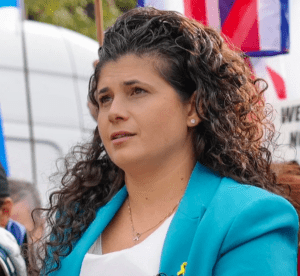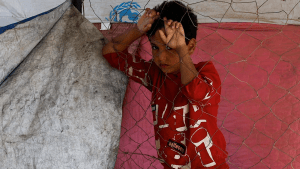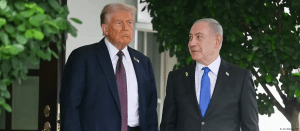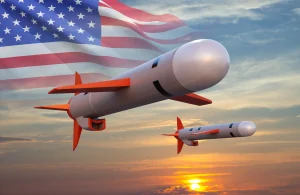Russia slams U.S. over Ukraine missiles and Moldova elections
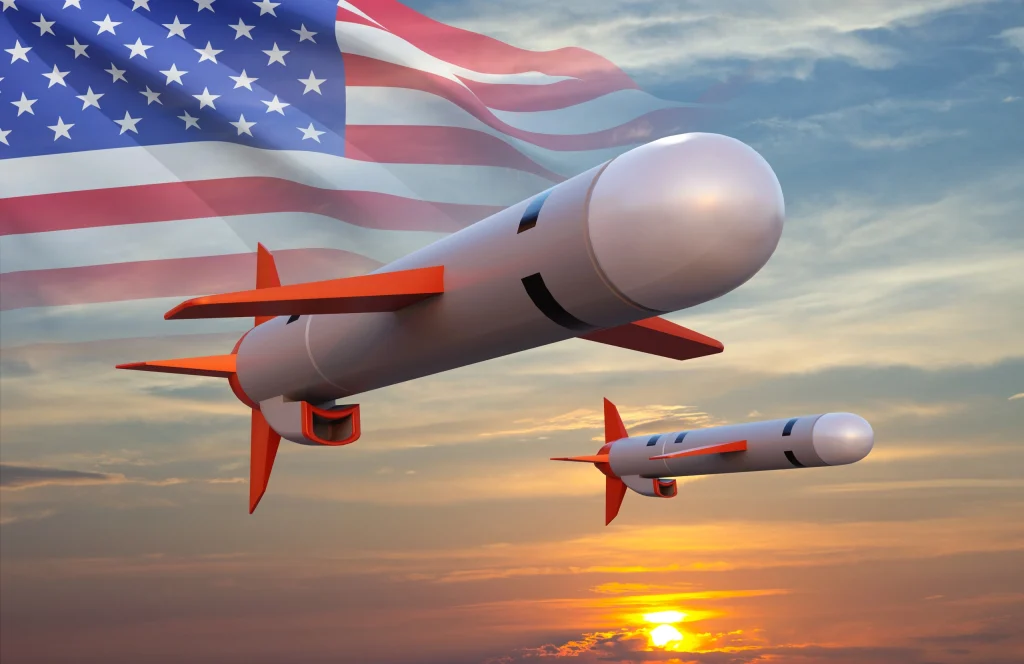
The Kremlin has warned that Russia will be compelled to respond if the United States proceeds with plans to supply Tomahawk cruise missiles to Ukraine, as reported by AL24 News, an Algerian government-friendly news website, on October 2nd.
Kremlin spokesperson Dmitry Peskov said Washington is already providing Kyiv with consistent intelligence support, which Moscow views as direct involvement in the conflict.
The warning follows growing speculation in Washington that Kyiv could soon receive long-range strike capabilities. Moscow has repeatedly said such a step would cross a red line.
Analysts note that Tomahawks, with their extended range, could allow Ukraine to hit strategic targets deep in Russian-held territory. The possibility has emerged as part of broader debates over Western aid, coming amid intensified drone warfare between Russia and Ukraine.
Russian officials argue that supplying Tomahawks would amount to open escalation. Peskov warned that Russia would respond appropriately to protect Russia’s security, although he stopped short of outlining specific measures.
His comments add to a pattern of stern Kremlin messaging whenever Ukraine’s Western partners weigh sending new weapons systems. Earlier, Moscow reacted sharply to reports of Israel supplying Ukraine with air defence systems, accusing the West of forming a “proxy coalition” against Russia.
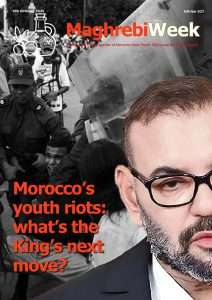
Turning to Moldova, Peskov criticised the country’s recent parliamentary elections, describing them as marked by “irregularities and oddities.” He said the Kremlin had hoped Moldova’s politics would shift toward pragmatism and improved relations with Russia, but instead, Chișinău continues to move closer to the EU.
On Europe’s ongoing debate over frozen Russian assets, Peskov stressed that any confiscation “will not go unanswered.” He accused Western governments of acting like a “gang” in considering how to redirect Russian central bank reserves frozen under sanctions. Russia has consistently warned that such moves would set a precedent undermining international financial stability.
Meanwhile, the Kremlin confirmed that President Vladimir Putin will attend the upcoming G20 summit, placing him in the same room as U.S. President Donald Trump and other Western leaders. His participation underscores Moscow’s determination to remain active on the global stage despite efforts by some countries to isolate it diplomatically.
Analysts say the Kremlin’s latest statements are meant both to deter Washington from transferring Tomahawks and to reassure a domestic audience that Russia will not tolerate further Western encroachment. At the same time, Moscow’s criticism of Moldova and Europe highlights its struggle to maintain influence on its western periphery.
The stakes are high. As the United States deliberates over new weapons transfers, Russia continues to portray the conflict in existential terms. Experts recall earlier security guarantees made to Ukraine under the 1994 Budapest Memorandum — commitments that proved insufficient to deter Russia’s 2014 annexation of Crimea. That precedent, some argue, continues to shape today’s battlefield dynamics.
Whether or not Tomahawks are delivered, Russia’s warnings underscore how each new decision on military aid risks widening the war’s scope. With Moldova in its sights, frozen assets on the table, and Putin preparing for the G20, Moscow appears intent on signalling it will not back down.
AL24 News, Maghrebi.org
Want to chase the pulse of North Africa?
Subscribe to receive our FREE weekly PDF magazine






